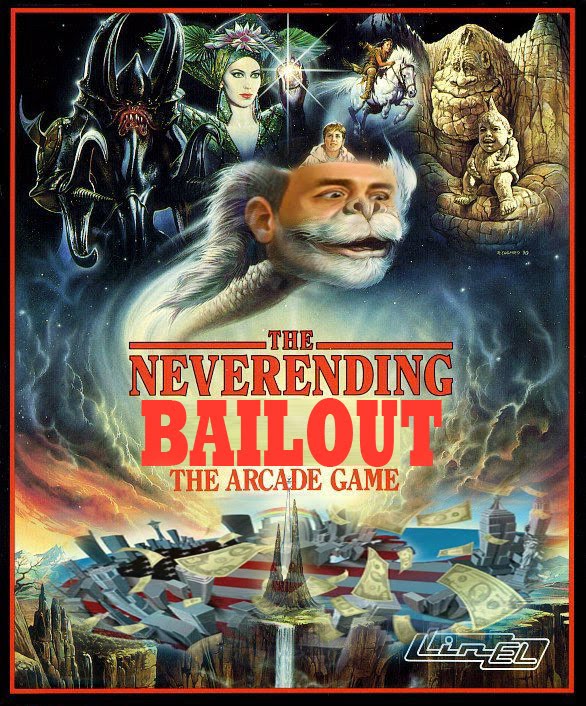

…it is proving increasingly hard to become a Wikipedia administrator: 2,700 candidates were nominated between 2001 and 2008, with a success rate of 53%. The rate has dropped from 75.5% until 2005 to 42% in 2006 and 2007. Article contribution was not a strong predictor of success. The most successful candidates were those who edited the Wikipedia policy or project space; such an edit is worth ten article edits.Deletionism uber allez
What sort of editor, with a universe of fascinating topics to write upon, would choose to spend most of his time on the policy namespace? What sort of editor would choose to stop writing articles?34 Administrators with minimal experience in creating content—and much experience in destroying it and rewriting the rules to permit the destruction of even more. Is this not almost the opposite of what one wants? And imagine how the authors must feel! An article is not a trivial undertaking; sometime sit down, select a random subject, and try to write a well-organized, fluent, comprehensive, and accurate encyclopedia article on it. It’s not as easy as it looks, and it’s even harder to write a well-referenced and correctly formatted one. To have an article deleted is bad enough; I can’t imagine any neophyte editors wanting to have anything to do with Wikipedia if an article of theirs got railroaded through AfD. It is easier to destroy than to create, and destruction is infectious. (In the study Thurner et al 2012 of 3.3 years of the online SF game Pardus, players were found to ‘pay it forward’ when the subject of negative actions; the community was only saved from an epidemic of attacks by the high mortality & quitting rate of negative editors—I mean, negative players.)
Deleting articles and piling on policy after guideline after policy are both directly opposed to why Wikipedians contribute!
We have, whatever Burnham hoped, in fact declined into the worst possible kind of governance—a “technocracy” of dumb people who spend all their time stealing.yup
No general or political leader was blamed for America’s longest war ending in humiliating defeat. No one was fired or resigned. Moreover, the total lack of accountability for a catastrophic systemwide failure is, according to Yarvin, not a problem that could be solved by electing better leaders or applying more political will, because it is an essential feature of the system’s design. “Why did this happen?” Yarvin asked. “Very simply: because no one is in charge of the government.”That's always been the most powerful argument I've used for years. You live in anarchy right now. This is the place in which I disagree with Yarvin -- there is no other form of government. Nobody's ever in charge.
Not the wrong people; no one.